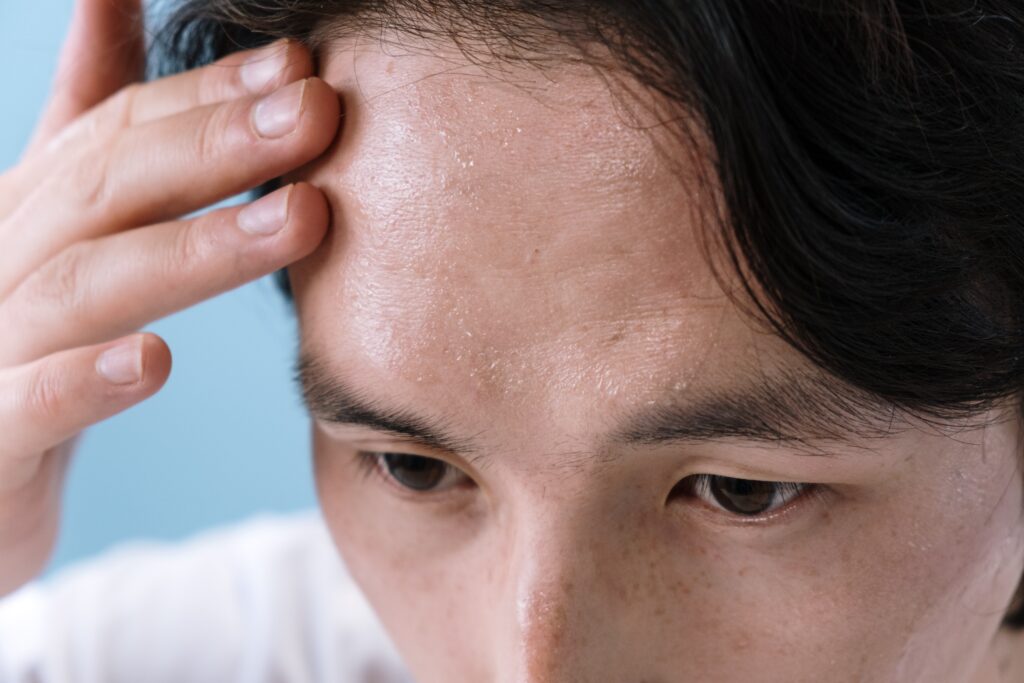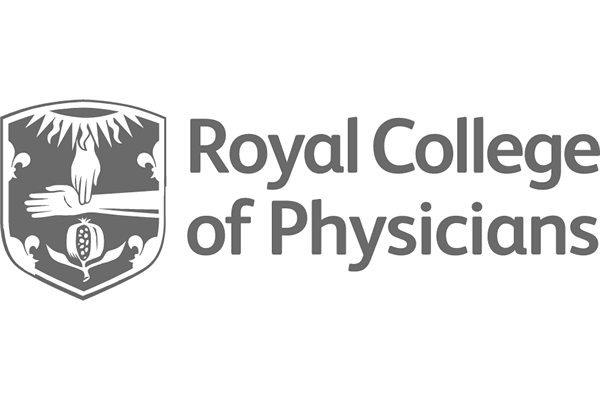"I wanted to say a huge thank you. I had an appointment with you on the 9th of March for eczema on my hands and body and for urticaria. The treatments you prescribed have worked fantastically and I couldn’t be happier. I have ‘normal’ skin again! My quality of life has improved massively – I didn’t think it was possible – having not ever really had my eczema under control since I was about 4. So thank you, thank you, thank you!"
Eczema treatments
There is no cure for eczema and therefore the treatments mainly work to reduce the symptoms, such as redness, itchiness and dry skin, making it much more bearable for those suffering.
Varied treatment types are available to help alleviate the symptoms of eczema and keep it under control.
At 152 Harley Street, our Consultant Dermatologists diagnose and treat eczema, offering a variety of treatments depending on each case and the severity of the condition.
Our consultants can also educate, assess, and treat patients with immunosuppressant medications, including new targeted agents and light treatment.

















